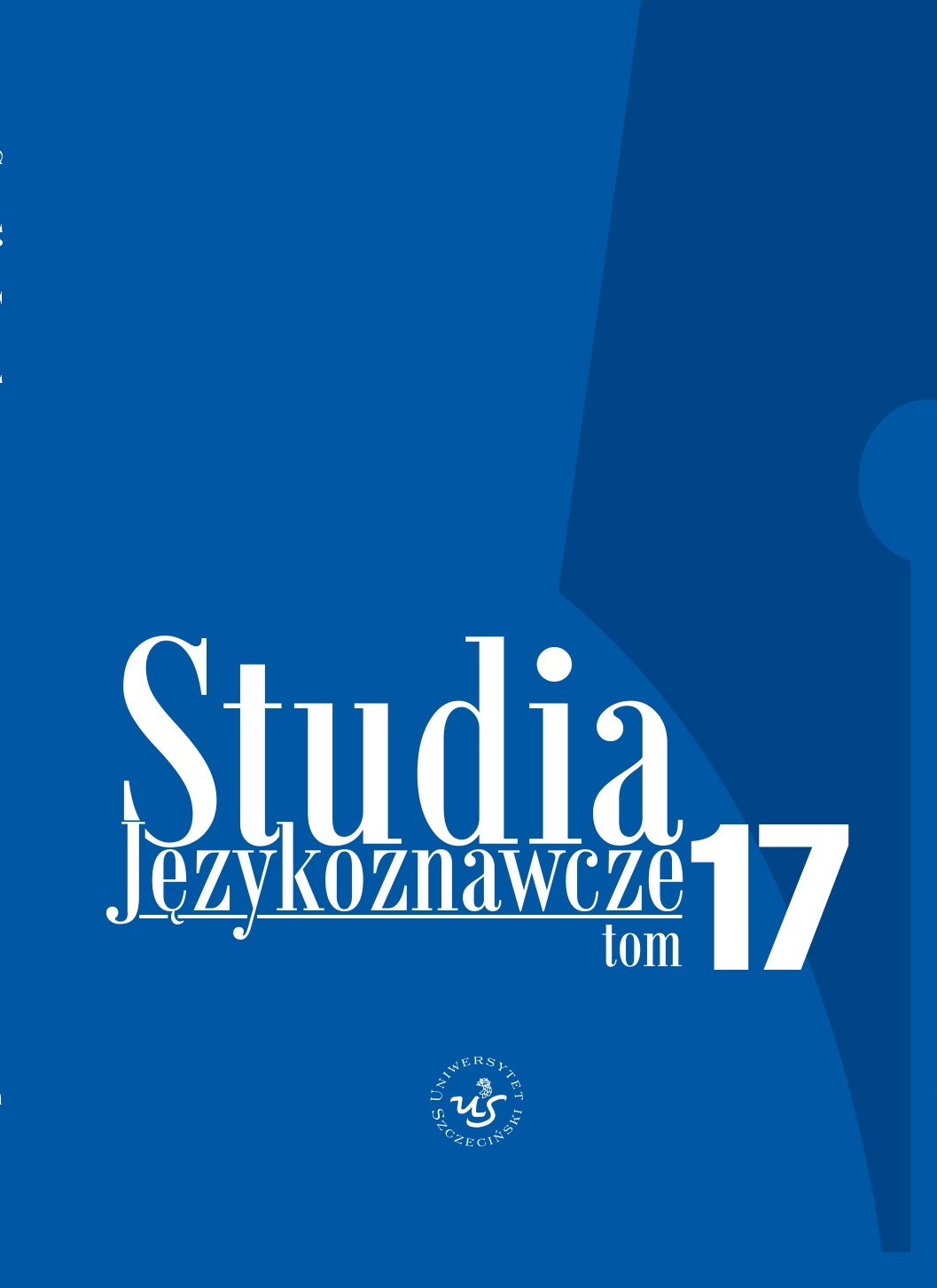Aktualizacje zwrotu 'wyjść z szuflady' w tekstach współczesnej polszczyzny
Updating the phrase 'wyjść z szuflady' in texts of the present-day Polish language
Author(s): Jolanta Ignatowicz-SkowrońskaSubject(s): Studies of Literature
Published by: Wydawnictwo Naukowe Uniwersytetu Szczecińskiego
Keywords: phraseological innovations; supplementing phraseological innovations; semantics
Summary/Abstract: The article contains an analysis of the supplementing phraseological innovation wyjść z szuflady [‘to leave a drawer’], which has been appearing for some time in Polish; it has three different meanings and various derivative and variant forms. Firstly, in frequently quoted usage the phrase ktoś / coś wychodzi / wyszło z szuflady [‘somebody / something leaves / left a drawer’] following the syntactic pattern ktoś wychodzi z szuflady [‘somebody leaves a drawer’] means ‘somebody makes public their artistic or academic work, which was hidden and created only for the author without any chance to be published’; the pattern coś wyszło z szuflady [‘something left a drawer’] means ‘something (some manifestations of human creative activity) before unknown to the wider public has just been made public’. Secondly, the phrase wyjść z szuflady [‘to leave a drawer’] is an element of the derivative family of innovative idioms, part of which are in variant relation to one another, namely ktoś jest w szufladzie, ktoś wpadł w szufladę, ktoś trafił do (jakiejś, z czymś and the like) szuflady, ktoś ucieka z (jakiejś, z czymś and the like) szuflady, ktoś wyszedł, wychodzi z (jakiejś, z czymś and the like) szuflady, ktoś zamyka kogoś w (jakiejś, z czymś and the like) szufladzie, ktoś wyciąga kogoś z (jakiejś, z czymś and the like) szuflady. Some elements of that family, which are in derivative relations with an unmarked and rare idiom być w szufladzie [‘to b e i n a drawer’], add new meanings of ingressiveness, finalisation and causativity. Thirdly, the neo-idiom wyjść z szuflady [‘to leave a drawer’] means ‘to decide to do something that under the circumstances is risky and difficult for the person who is to make the decision’.
Journal: Studia Językoznawcze. Synchroniczne i diachroniczne aspekty badań polszczyzny.
- Issue Year: 2018
- Issue No: 17
- Page Range: 163-175
- Page Count: 13
- Language: Polish

